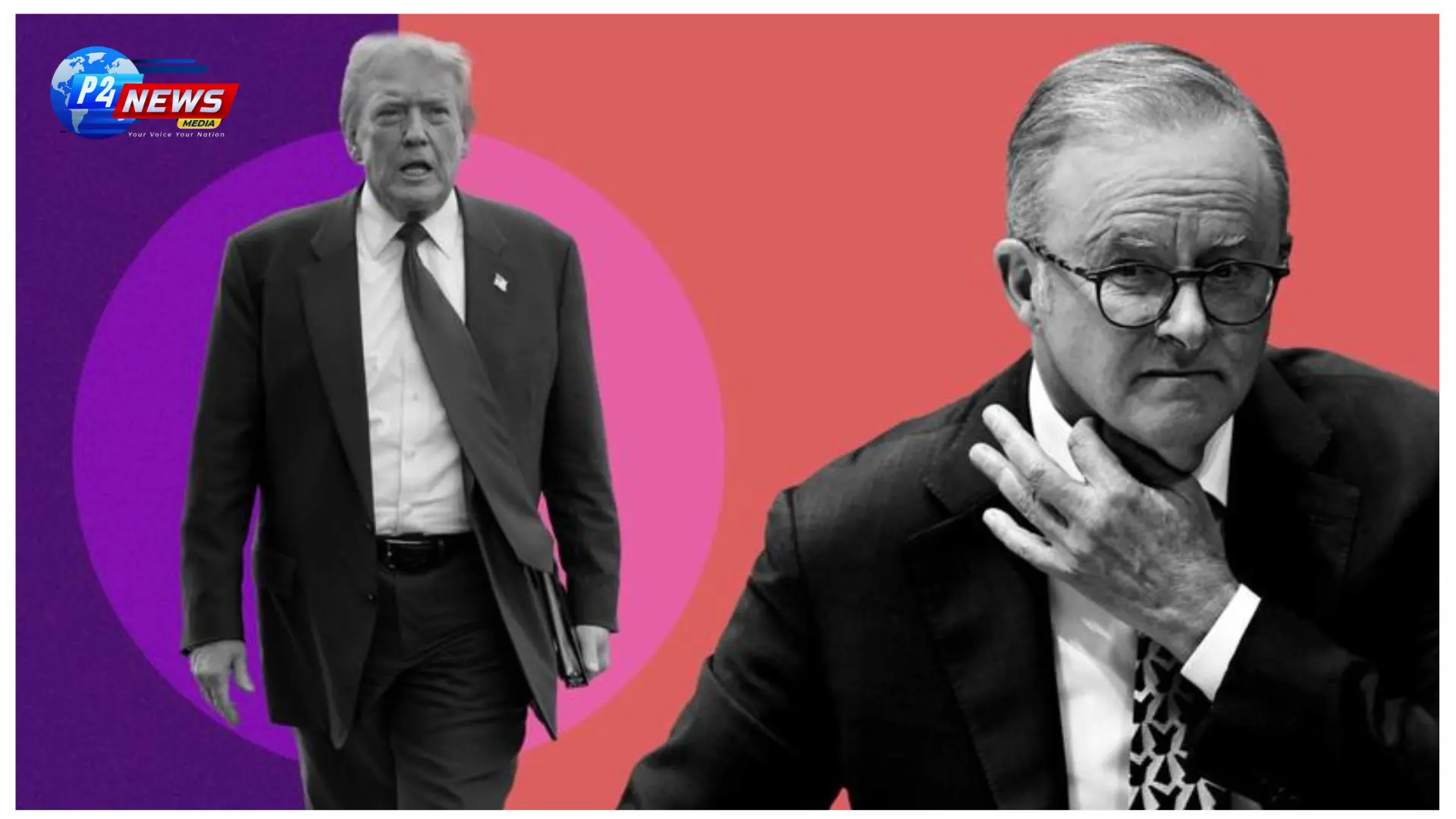As Donald Trump secures another term in office, Australia's political landscape faces new challenges and transformations. The implications reach far and wide, affecting bilateral relations, climate policies, and local political strategies.
As Donald Trump secures another term in office, Australia's political landscape faces new challenges and transformations. The implications reach far and wide, affecting bilateral relations, climate policies, and local political strategies.
Donald Trump’s recent re-election carries significant implications for Australia, particularly concerning its diplomatic ties with the United States. With Anthony Albanese at the helm, how effectively will he manage potential complications arising from Trump’s return? The spotlight is on whether Australia’s profile in Washington, represented by diplomat Kevin Rudd—once an outspoken critic of Trump—will adapt to the new reality.
The re-election of Trump presents a series of obstacles for Peter Dutton and his partner from the National Party, David Littleproud. As they gaze into the future, the Coalition's stance and strategy must contend with the shifting political landscape. There is significant debate about whether to adopt the full MAGA (Make America Great Again) strategy. Would this resonate with Australian voters, who have observed the unfolding of similar tactics in the United States? Alternatively, could the adoption of American political styles lead to disastrous consequences in the Australian context, given the fundamental differences between the two electorates?
The potential for a trade war initiated by Trump against China casts uncertainty over Australia’s economic prospects, especially for its resource sectors. Figures like Gina Rinehart, who rely on iron ore exports, may face challenges as trade dynamics change. Questions arise about whether Trump’s aggressive policies could hinder the Australian economy, placing local industry leaders in a precarious position.
Safety concerns around climate commitments are escalating within the Nationals party. Figures like Senator Matt Canavan propose that if Trump reneges on the Paris Agreement, Australia might reevaluate its own net-zero targets. This call for a reevaluation raises an important question: if the U.S. retracts its dedication to climate initiatives, should Australia follow suit? Meanwhile, Opposition Senate Leader Simon Birmingham maintains a more traditional stance, advocating for Australia’s adherence to net-zero commitments irrespective of U.S. actions. He emphasizes that the Coalition is pursuing challenging policy decisions, including a push for nuclear energy, to maintain these benchmarks.
Various voices from within the Coalition posit that Trump’s stance necessitates a re-examination of national climate strategies. Barnaby Joyce articulated that should the United States alter its course on climate change, both major parties in Australia must contemplate the implications. The notion that Australia might isolate itself while other nations relax their commitments is a concern that cannot be ignored. However, Mr. Littleproud warns that withdrawing from agreements like the Paris Accord could transform Australia into a global pariah, drawing retaliatory measures from major partners, especially in Europe. The larger context is that the U.S. possesses the economic leverage to withdraw from such accords with diminished fears of repercussions compared to Australia.
Sources within the Coalition, including Mr. Joyce, argue that the lessons drawn from Trump’s victory must be contextualized within the realities of Australia. They recognize the risks of adopting a purely U.S. partisan perspective in Australian politics. Mr. Dutton noted in parliament that Trump is not a figure to be feared, rather someone Australia can strategically collaborate with. However, the critical test lies in maintaining balance and ensuring that Australian interests remain at the forefront without succumbing to divisive partisan influences that are so prevalent in U.S. politics.
Like
Dislike
Love
Angry
Sad
Funny
Pray
9th Ayurveda Day in Melbourne: A Celebration of Ayurvedic Innovations and Global Health Impact
November 10, 2024Australia’s Terror Alert Jumps to ‘Probable’: What You Need to Know About the Increased Risk
August 05, 2024🍪 We Value Your Privacy and Experience Hi there! We use cookies to enhance your browsing experience, provide personalized content, and analyze site traffic. By continuing to use our site, you consent to our use of cookies.







Comments 0